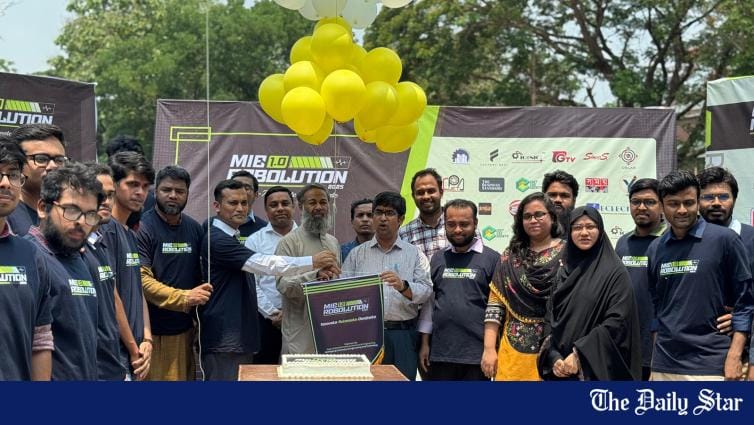Is Tech the Answer to Singapore's Silent Mental Health Struggle? Bridging the Gap for Families

Singapore's Growing Mental Health Needs: A Silent Crisis
Singapore, a nation known for its advancements and high quality of life, faces a growing, yet often unspoken, challenge: a silent mental health crisis. While conversations around mental wellbeing are slowly gaining traction, the reality is that access to adequate and timely care remains a significant hurdle for many families, particularly those with children. The demand for mental health support far outweighs the current supply, leaving many feeling isolated and struggling in silence.
The Gap Between Need and Support
Several factors contribute to this gap. Traditional mental healthcare models often involve long waiting times, geographical limitations, and the stigma associated with seeking help. For busy Singaporean families, juggling work, school, and other commitments, finding time for appointments and navigating complex systems can be overwhelming. This is especially true for children, who may not be able to articulate their struggles or advocate for their own needs.
Technology: A Potential Game-Changer
Fortunately, technology offers a powerful pathway to bridge this gap and revolutionize mental healthcare in Singapore. Technology-enabled care, encompassing telehealth, mobile apps, and online platforms, has the potential to significantly expand access, improve efficiency, and personalize treatment.
How Technology Can Help
- Increased Accessibility: Telehealth consultations can eliminate geographical barriers and offer convenient appointments outside of traditional working hours. This is particularly beneficial for families in remote areas or those with mobility challenges.
- Early Intervention & Proactive Care: Mobile apps and wearable devices can track mood, sleep patterns, and other indicators of mental wellbeing, enabling early detection of potential issues and proactive interventions.
- Personalized Treatment: AI-powered platforms can analyze individual needs and preferences, tailoring treatment plans and providing personalized support.
- Empowering Families: Online resources, support groups, and educational materials can empower families to understand mental health issues, recognize warning signs, and seek help when needed.
- Reducing Stigma: Anonymous online platforms and virtual support groups can provide a safe and confidential space for individuals to share their experiences and connect with others facing similar challenges.
Looking Ahead: A Future of Accessible Mental Healthcare
The integration of technology into mental healthcare is not about replacing human interaction; it's about augmenting and enhancing it. By leveraging technology responsibly and ethically, we can create a future where mental health care in Singapore is as accessible, personalized, and proactive as physical health care. This requires collaboration between healthcare providers, technology developers, policymakers, and the community to ensure that these tools are effective, equitable, and meet the unique needs of Singapore's diverse population. Let's work together to break the silence and build a healthier, more supportive nation for all.





